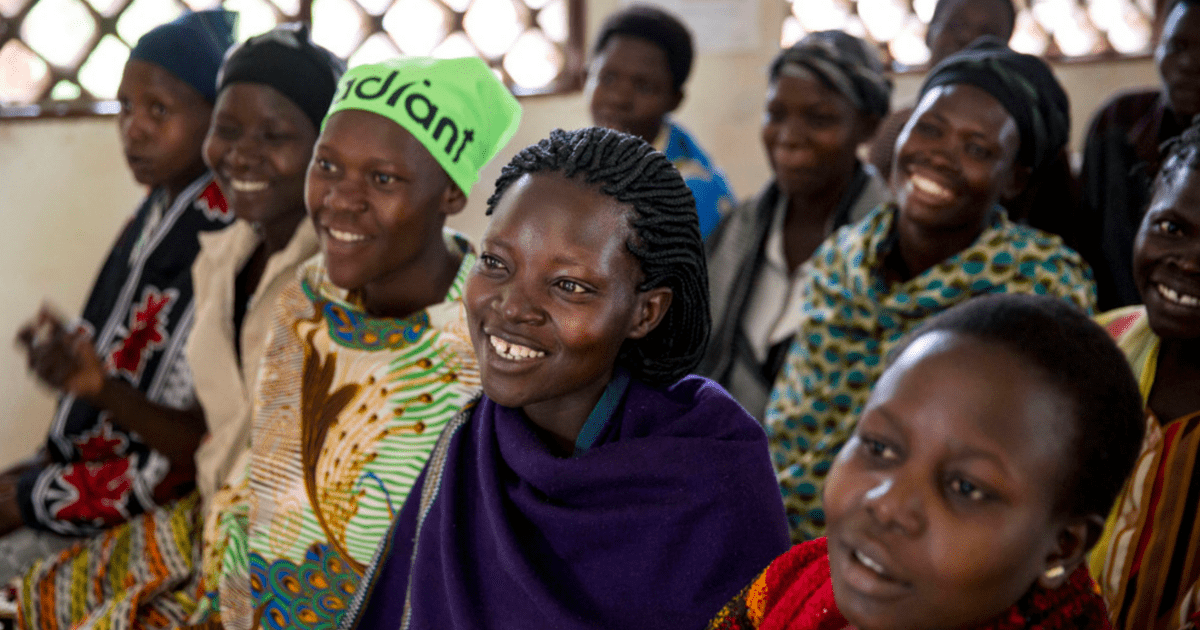Global Year in Review: The Center’s Biggest Achievements of 2020

Despite the unprecedented challenges created by the COVID-19 pandemic, the Center for Reproductive Rights and its global partners made significant progress in the fight for reproductive rights around the world this year. Working both inside and outside the courts in Africa, Asia, Europe and Latin America, the Center successfully blocked harmful legislation, won major human rights cases, and acted to hold the government accountable for protecting and expanding reproductive rights for all people.
From Uganda to El Salvador, here are just a few of the Center’s global achievements in 2020:
Africa
KENYA: The Center went to court to challenge a ban placed against Marie Stopes Kenya prohibiting it from providing sexual and reproductive health information and from offering safe abortion care, despite the Constitution allowing abortion under Art 26(4) in certain conditions. The ban was placed in 2018 after the organization ran a radio and online campaign to raise awareness about unsafe abortion. The next hearing in the case is scheduled for March 2021. Also this year, the Center and partners released a report urging the Kenyan government to enforce abortion rights protections as promised in its Constitution.
NIGERIA: This year the African Commission on Human and Peoples’ Rights agreed to hear our case against Nigeria for its failure to reduce maternal deaths—the first time the Commission will hear a case on maternal or reproductive rights. The case resulted from years of advocacy by the Center and its partners, and a decision is expected from the Commission in 2021 or 2022. Also in Nigeria, years of advocacy work by the Center in conflict zones led to this year’s publication of a new report, which highlights key findings from its extensive work with partners in the Nigerian states of Borno, Adamawa, Yobe, and Abuja.
UGANDA: Along with its partners at CARE International in Uganda, the Center launched a new pilot program to protect the sexual and reproductive health and rights of women and girls in one of the country’s largest refugee settlements. The pilot is the latest program in our efforts to advance reproductive rights around the world, and follows our work in other African refugee communities.
Latin America
COLOMBIA: After the Center and its partners published a research report showing that the herbicide used in the government’s fumigation program has serious negative effects on reproductive health, we called on the Colombian government to stop the program from moving forward. The research report showed that the controversial herbicide, glyphosate—which is sprayed over coca fields to eradicate cocaine and other illicit crops—can cause harmful effects on fertility and was linked to miscarriages.
ECUADOR: The Inter-American Court of Human Rights issued a wide-reaching ruling to protect schoolgirls from sexual violence throughout Latin America and the Caribbean in the Center’s long-held case, Paola Guzmán Albarracín v. Ecuador. The Court’s ruling holds Ecuador responsible for failing to protect a student from sexual violence. As part of this ruling, Ecuador has apologized publicly to Paola’s family, issued a posthumous diploma, and plans to establish a National Day for the Fight Against Sexual Violence in Schools in honor of Paola. The Court also ordered Ecuador and more than 20 countries in Latin America to put policies in place to protect girls from sexual abuse and coercion in schools and to provide sexual education.
EL SALVADOR: The Center and its partners have worked to free 12 Salvadoran women who have been unjustly jailed for obstetric emergencies. After filing a case at the Salvadorian Supreme Court, the Center, along with partners, participated in an open hearing at the Inter-American Commission on Human Rights. As the COVID-19 pandemic continues, the Center publicly called upon El Salvador to immediately release these women arbitrarily detained for crimes they did not commit.
Europe
SLOVAKIA: The Slovak parliament once again rejected pending legislation that would have introduced new, regressive restrictions on access to abortion care. The Center mobilized more than 100 civil society organizations to call on lawmakers to reject this legislation that would have subjected patients to a series of harmful and medically unnecessary requirements prior to receiving care.
Asia
THE PHILLIPPINES: The Center joined local partners to support a bill to decriminalize abortion, the first-ever bill initiated and fully drafted by Filipino reproductive rights advocates.
Stay updated on the Center’s work to protect and advance reproductive rights in regions across the globe by signing up to receive email updates.
